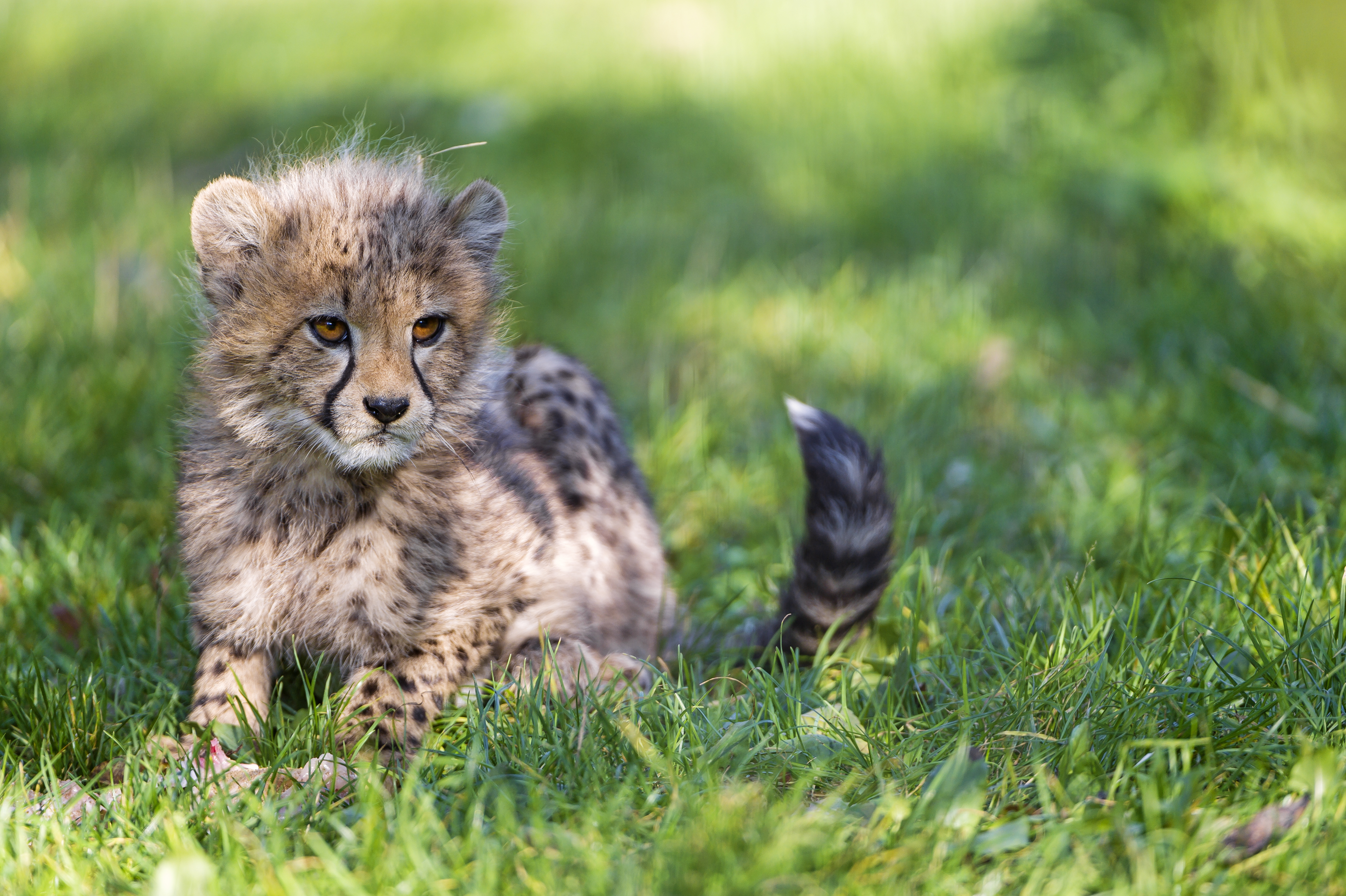The Cheetah Conservation Fund (CCF) has called the trend of illegally trafficking cheetahs one of “epidemic proportions.” According to them, around 300 young cheetahs are taken from Somaliland to be bought and sold each year. The reason cheetah trafficking is so popular? Those with enough money to trade in cheetahs seek them as pets, or status symbols, or worse.
To put the problem in context, the CCF says there are less than 7,500 cheetahs left in the wild. There are 1,000 cheetahs being held in private captivity in the Gulf countries alone. If things keep going as they are, the extinction of the cheetah race is inevitable.
(These adorable cheetahs are so shy that they have ‘emotional support dogs’)
“If you do the math, the math kind of shows that it’s only going to be a matter of a couple of years [before] we are not going to have any cheetahs,” said Laurie Marker, an American conservation biologist biologist and founder of CCF.
While the solution of tighter controls and a strong crackdown on trafficking is obvious, the illicit trade of cheetahs will never truly end until demand is cut down. The strongest source of this demand is from Gulf states like the United Arab Emirates and Saudi Arabia. Animals such as cheetahs are often seen as status symbols and used to flaunt wealth and power. Despite laws banning the private ownership of domestic animals it remains quite common to see cheetahs featured on the social media posts of these ‘crazy rich’ individuals.
Such viral (and horrifying) posts place these cheetahs as decorative items on top of luxury cars or inside swimming pools. They are force-fed ice cream and lollipops, sweets which only spell out obesity in their future. The worst have even captured a cheetah being declawed, while another one died as the camera rolled.
(Conservation Efforts for the Endangered Tamaraw are Failing)
Aside from instances of mistreatment, keeping a cheetah locked up and confined is inherently abusive. As the world’s fastest land mammals, cheetahs need adequate space to run and exercise. Add to that an inadequate diet and it’s no wonder the private ownership of cheetahs is considered a “dead-end” for them.
While the governments of these Gulf countries claim to be properly enforcing the ban on wildlife trade, an observation by CNN shows this to be questionable. Based on their own simple research on Google they were quickly able to find multiple listings for cheetahs in Saudi Arabia and were even able to contact a dealer. Likewise, a CCF study documents 1,367 listings for cheetahs on social media from 2012-2018.
Somaliland’s environment minister, Shukri Haji Ismail Bandare, raised the issue to the leaders of these Gulf countries.
(1 Million Species at Risk of Extinction Because of Humans)
“We have to be stopping the demand from the Arab countries,” she told CNN. “We really need influencers, we need the governments, the kings, the princes, or the queens to actually say this is not right.”
What do you think should be done to stop this problem?
Source: CNN





